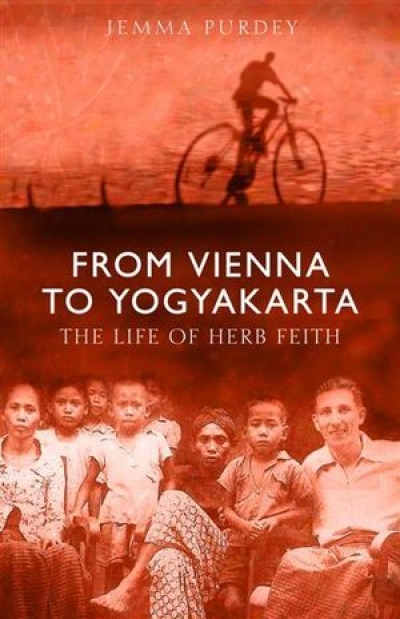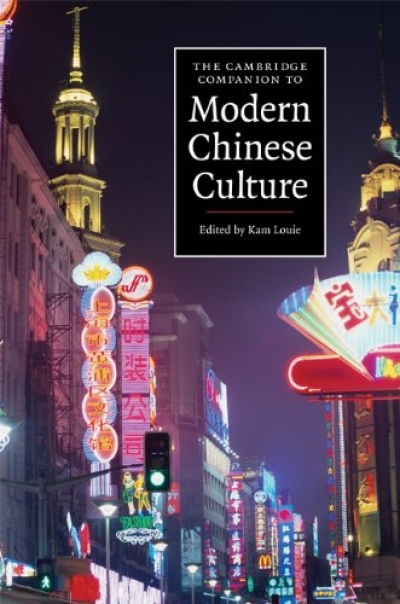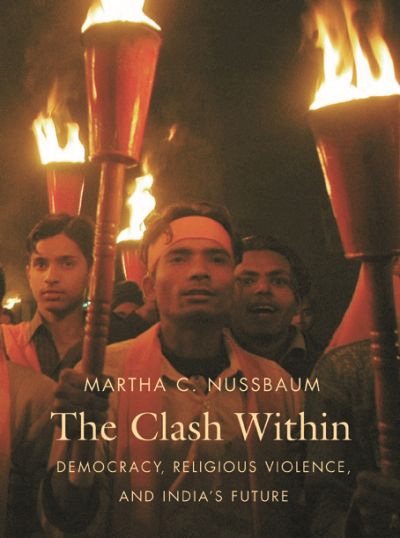Joan Grant
From Vienna to Yogyakarta: The Life of Herb Feith by Jemma Purdey
by Joan Grant •
Ching Chong China Girl: From fruit shop to foreign correspondent by Helene Chung
by Joan Grant •
It's not cynical to be wary
Of what comes next.
It’s life’s lesson
Engorged by the media
That small treasures – a leaf, a love –
Are flamed by match or missile,
Destined to be memories.
Undiplomatic Activities by Richard Wollcott, illustrations by David Rowe
by Joan Grant •
The Clash Within: Democracy, religious violence, and India's future by Martha C. Nassbaum
by Joan Grant •






